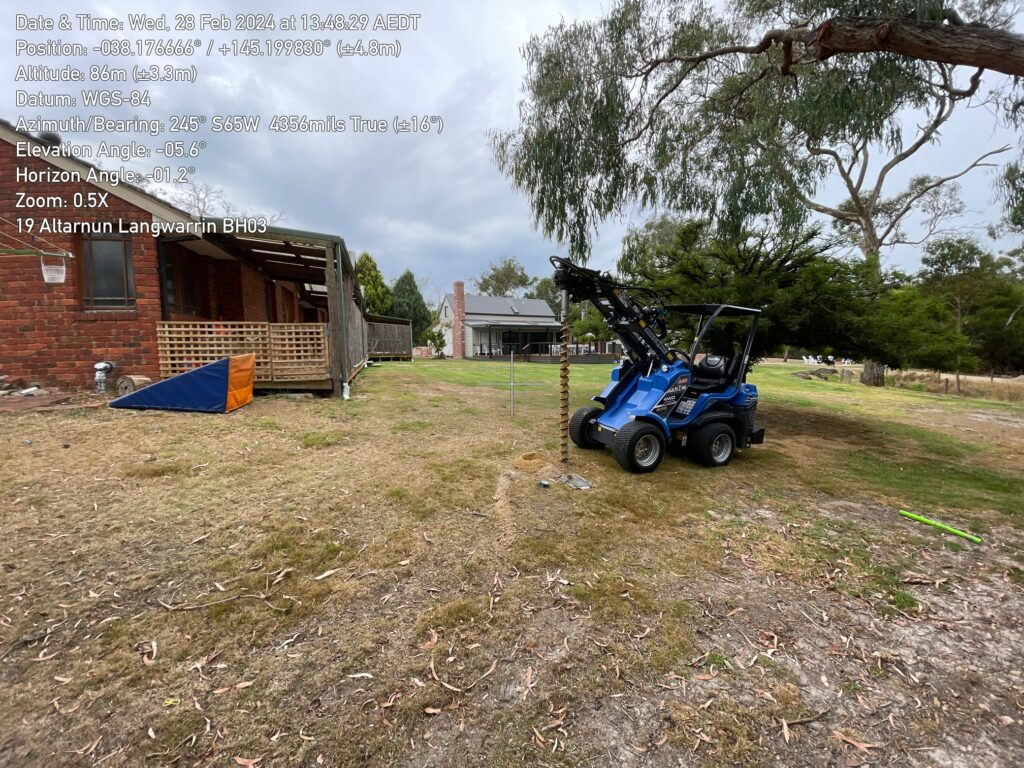In Victoria, the demand for sustainable land development is growing as businesses, councils, and property owners seek to balance construction needs with environmental responsibility. Before any commercial or residential development begins, Land Capability Assessments in Victoria play a crucial role in determining whether a site is suitable for building and waste management. These assessments are essential for ensuring compliance with state regulations, protecting natural resources, and making informed investment decisions.

This blog will provide an in-depth overview of land capability assessments, focusing on their importance, process, and benefits, with a particular emphasis on commercial land capability assessments.
What is a Land Capability Assessment?
A land capability assessment (LCA) is a detailed study that evaluates a site’s physical, environmental, and social characteristics to determine its suitability for specific uses. It considers factors such as soil type, topography, vegetation, drainage, and the potential impact on the surrounding ecosystem.
In Victoria, LCAs are a legal requirement in many cases, particularly where on-site wastewater systems or large-scale commercial projects are involved. By identifying limitations and risks early, developers and property owners can avoid costly mistakes and ensure compliance with planning regulations.
Why Land Capability Assessments are Important in Victoria
- Environmental Protection – LCAs safeguard natural resources by assessing soil and water management strategies, reducing the risk of erosion, contamination, and ecological damage.
- Compliance with Regulations – Councils in Victoria require LCAs as part of planning permit applications, ensuring developments meet environmental and health standards.
- Informed Decision-Making – For property buyers and developers, an LCA provides clarity on land usability, reducing the likelihood of unforeseen complications.
- Long-Term Sustainability – LCAs promote responsible land use, ensuring the land remains productive and safe for future generations.
The Process of Land Capability Assessments in Victoria
When conducting a land capability assessment, professionals follow a systematic approach:
- Site Inspection: A qualified assessor visits the property to collect information about soil, slope, vegetation, and drainage.
- Soil Testing: Samples are taken to determine texture, permeability, and capacity for wastewater absorption.
- Risk Analysis: Factors such as bushfire risk, flood zones, and erosion potential are carefully evaluated.
- Design Recommendations: Based on findings, the assessor suggests suitable land uses and provides guidelines for sustainable development.
- Detailed Reporting: The final report is submitted to councils or regulatory authorities as part of planning applications.
Commercial Land Capability Assessments

While residential projects typically focus on septic systems and small-scale development, Commercial Land Capability Assessments are more complex. They involve larger land parcels, increased wastewater output, and greater environmental impact. Businesses planning developments such as industrial parks, resorts, agricultural ventures, or retail complexes in Victoria must undergo these assessments.
Commercial LCAs often include:
- Infrastructure Planning: Ensuring the land can support roads, parking, and buildings.
- Wastewater and Drainage Systems: Designing efficient systems to handle high usage.
- Environmental Risk Management: Evaluating long-term effects on biodiversity and ecosystems.
- Regulatory Approval Support: Providing essential documentation for council planning permits.
By conducting a thorough commercial LCA, businesses not only secure approval faster but also reduce risks of legal complications and costly redesigns.
Benefits of Land Capability Assessments for Developers and Investors
- Risk Mitigation: Identifying potential issues such as poor soil conditions or drainage challenges before investment.
- Cost Efficiency: Preventing delays and redesigns by ensuring proper planning from the start.
- Enhanced Project Value: Properties with approved LCAs are more attractive to investors and buyers.
- Sustainability Credentials: Demonstrating a commitment to environmental responsibility strengthens brand reputation.
Choosing the Right Professionals for Land Capability Assessments in Victoria
Since LCAs require technical expertise and compliance with strict regulatory frameworks, choosing an experienced consultant is essential. Look for assessors who:
- Have local knowledge of Victoria’s land and environmental policies.
- Are accredited and recognized by local councils.
- Provide clear, detailed reports tailored to commercial and residential needs.
- Offer ongoing support during the development approval process.
Conclusion
As Victoria continues to grow, the importance of responsible land management cannot be overstated. Land capability assessments in Victoria serve as a foundation for sustainable and compliant development, protecting the environment while supporting economic growth. For businesses, commercial land capability assessments are particularly vital, ensuring large-scale projects meet regulatory standards and succeed in the long term.
By investing in a professional Septic Land Capability Assessment, property owners, developers, and councils can make informed choices that benefit both their projects and the wider community.





Comments